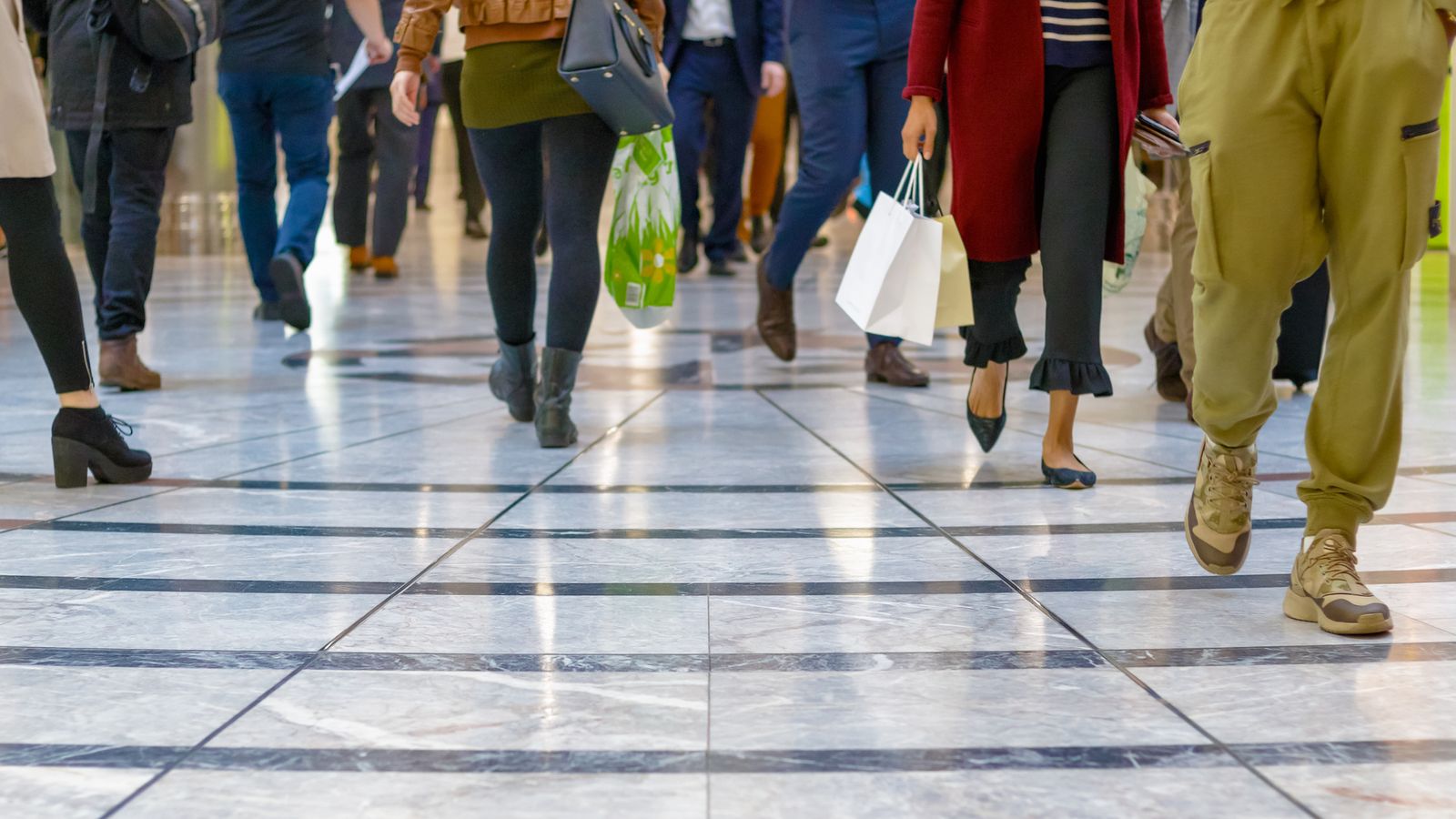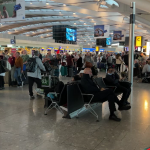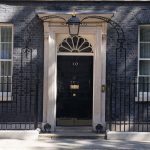Retail sales grew 0.7% last month beating expectations with fine, sunny weather helping get shoppers out and spending, latest official data show.
It follows a rise of 0.1% in May, a figure which the Office for National Statistics had revised down from 0.3%.
Experts had forecast an increase of 0.2% in June, according to an average supplied by Pantheon Macroeconomics.
The increase came across the board, with most of the main retail sectors apart from petrol and diesel sellers seeing their sales rise.
Department stores and furniture sellers said sales were up due to more summer sales during the unusually warm weather with above average temperatures.
Sales in supermarkets and other food shops, which had fallen 0.4% as people ordered more takeaways and ate out during May’s extra bank holiday, bounced back to rise 07% in June, the data showed.
The figures measure the amount bought – volume – rather than the amount spent – value.
Why Britain’s debt makes it far more vulnerable than its global peers
King’s coronation weighs on economy as output contracts by 0.1% in May
Pension reforms could improve financial outcomes in decades – but there’s no feel good factor any time soon
ONS chief economist Grant Fitzner said: “Retail sales grew strongly, with food sales bouncing back from the effects of the extra bank holiday, partly helped by good weather, and department stores and furniture shops also having a strong month.
“However, these were partially offset by falls in fuel, garden centres and clothes shops.
“Growth still fell on an annual basis, but at its slowest rate since the beginning of the Ukraine war.”
Helen Dickinson, chief executive of the British Retail Consortium, said: “June’s sunshine gave retail sales growth a boost as customers readied themselves for the summer season, with products in areas such as fashion, skincare and books performing particularly well.
“Nonetheless, consumer confidence remains fragile, and with households feeling the pinch from high inflation and rising interest rates they held back on making big ticket purchases, especially in areas such as electricals.
“Retailers are hopeful that consumer confidence will improve over the coming months as inflation eases.
“Falling inflation rates are a clear sign that competition is bringing down prices wherever cost pressures ease.”
But she added: “While retailers are doing their bit, government has a role to play in bringing inflation down.
“The costly reforms to the packaging levy and a new deposit return scheme could together add £4bn in costs to retailers, putting renewed pressure on prices.
“Government should reconsider the timelines for these interventions in order to not make the current challenging environment even more challenging for households and businesses.”
Aled Patchett, head of retail and consumer goods at Lloyds Bank, said: “A rise in sales is to some extent not surprising with record temperatures spurring consumers to spend on summer clothing and outdoor goods.
“A combination of continued hikes in interest rates and the high cost of living is making shoppers less willing to spend on discretionary goods.
“That said, a downturn in energy usage throughout the summer months could provide relief for households, freeing up some disposable income.”






















